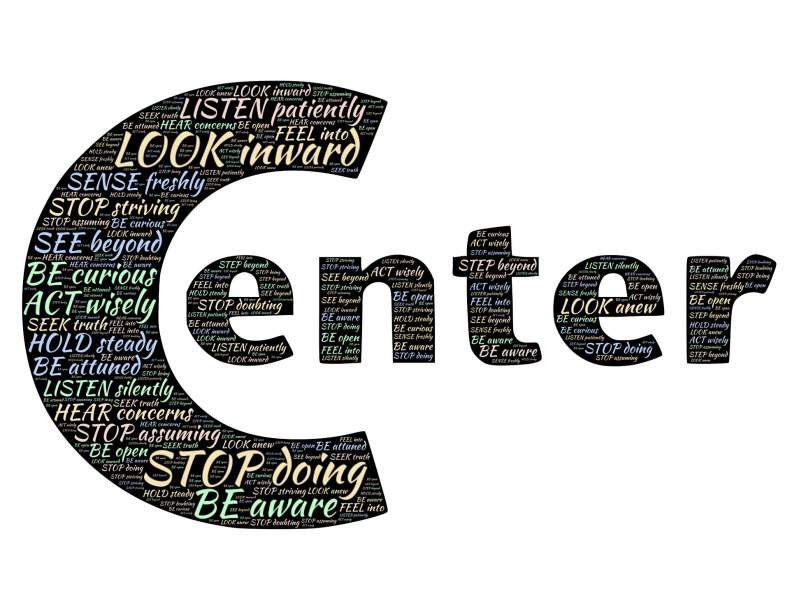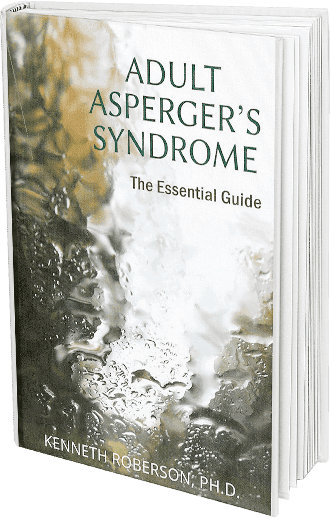
Would it surprise you to learn that people with very different experiences of the world struggle to empathize with each other?
Probably not. Most of us treat people the way we think they want to be treated based on what works, and doesn’t work, for us. When that’s at odds with someone else’s point of view, it’s hard to appreciate their feelings, thoughts and behaviors.
Interestingly, differences in how we view what is right and wrong may play a role in creating the social difficulties that are typical of adults with Asperger’s syndrome, or Autism Spectrum Disorder (ASD) as it is now called.
What is Empathy?
Some experts in the field of empathy suggest that neurotypical adults and those with ASD differ in terms of cognitive empathy, which involves understanding what someone else is thinking and feeling. They don’t differ, however, in terms of affective empathy, that is having feelings of warmth, compassion and concern for others.
Why is it then that adults with ASD are commonly viewed as lacking empathy? The researcher Damian Milton, describes empathy as formed not simply within a person but between people. Individuals with ASD and neurotypical people may have difficulty understanding each other, and feeling for one another, because of their differing outlooks and experiences with the world.
Consider the common tendency of adults with ASD to avoid direct eye contact. This is often interpreted as a sign of disinterest, or worse, lacking caring feelings, and what often follows is a critical, judgmental reaction. That, in turn, makes it harder for the person with ASD to feel safe and secure enough to be able to maintain direct eye contact.
The Double Empathy Problem
Imagine a group of people sitting together. One man is crying. The others are looking at him with expressions of concern, one member of the group touching his shoulder, another reaching out to him with a box of tissues.
When neurotypical people are asked what is happening in this vignette, the general response is that the group members are concerned, trying to comfort the person and talk through whatever is causing his sadness and hurt.
People on the spectrum tend to have a different interpretation. Generally, they see the group members’ focus on the crying man as adding to his distress and causing him to feel overwhelmed and uncomfortable. Rather than touching his shoulder and offering tissue, they should leave and let him calm down without the sensation of people watching and encouraging him to talk through his distress.
Here is where the problem of double empathy comes in. The group members are trying to help in the best way they know, yet the effect of their efforts is counterproductive. The man with ASD feels less rather than more comforted. He, in turn, likely indicates this by turning away from the group, asking to be left alone, and expressing dissatisfaction in some way with them, leaving the members with the feeling of having been rejected.
Double Empathy Paradigm Shift
The Double Empathy Problem speaks to a shift in the way we might think about Autism Spectrum Disorder. Rather than viewing the social differences typical of ASD as inherent deficits, neurotypical communication and the assumptions they are based on create aspects of those social differences. Had the group members in the above vignette understood better how their reactions were perceived, they would have responded differently. The same applies to the man with ASD who interpreted the group’s behavior according to how he thought he should have been treated.
Commonly, adults with ASD are socially rejected, not so much because of how they interpret social situations but by how neurotypical people perceive them, and the same is true the other way around.
Empathy, then, may be less a matter of either having or lacking some inherent quality of care and concern and more a matter of our basic assumptions about what people should want and need and the way we respond accordingly.




